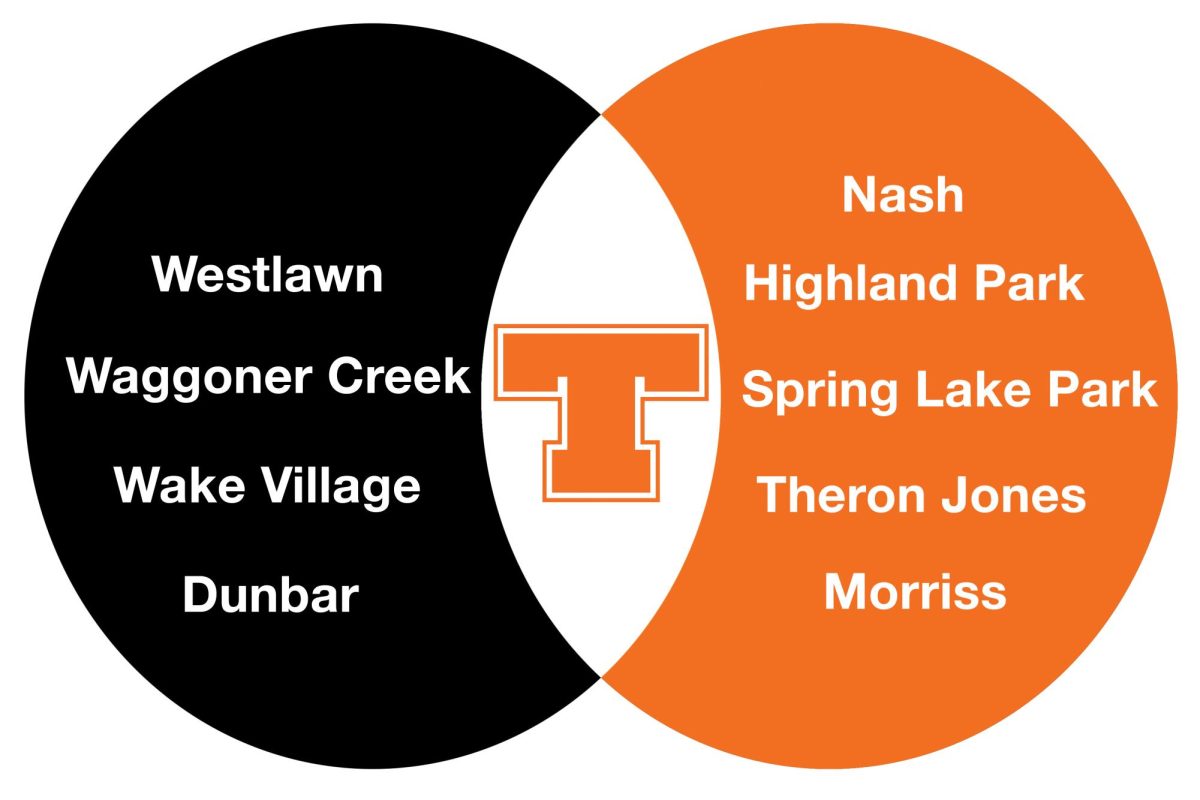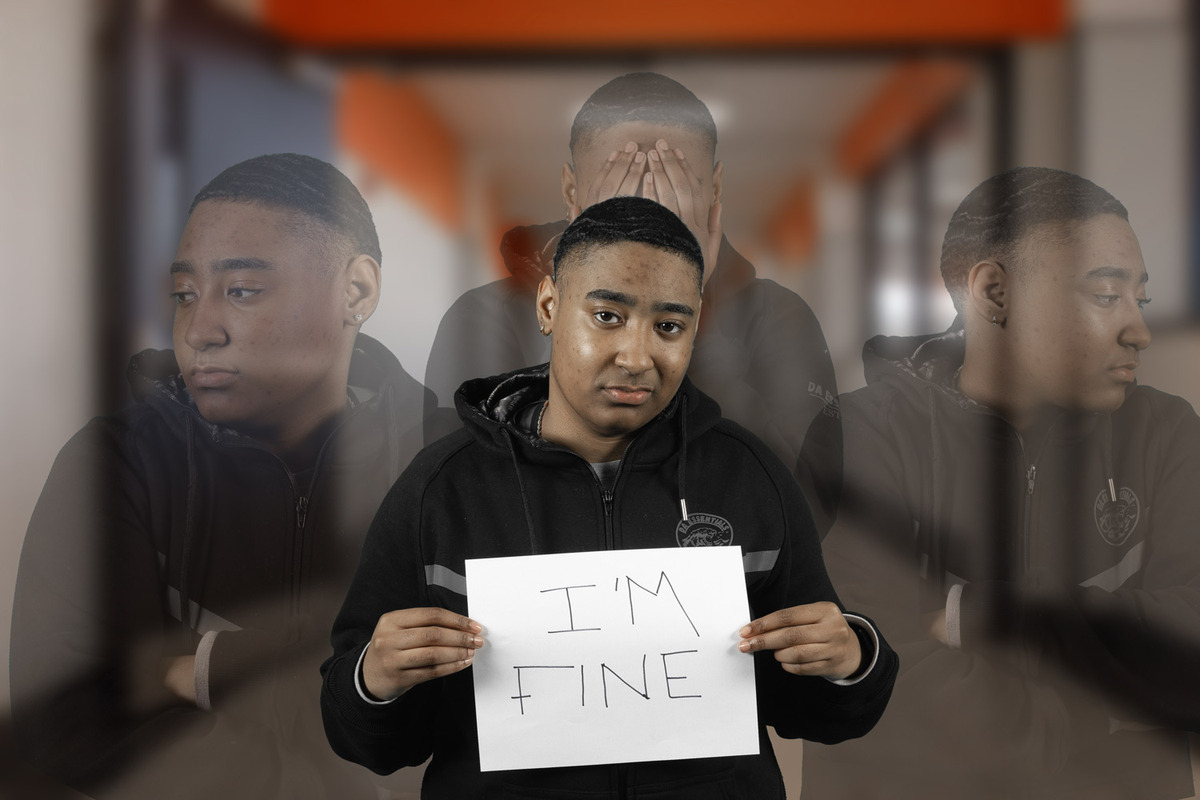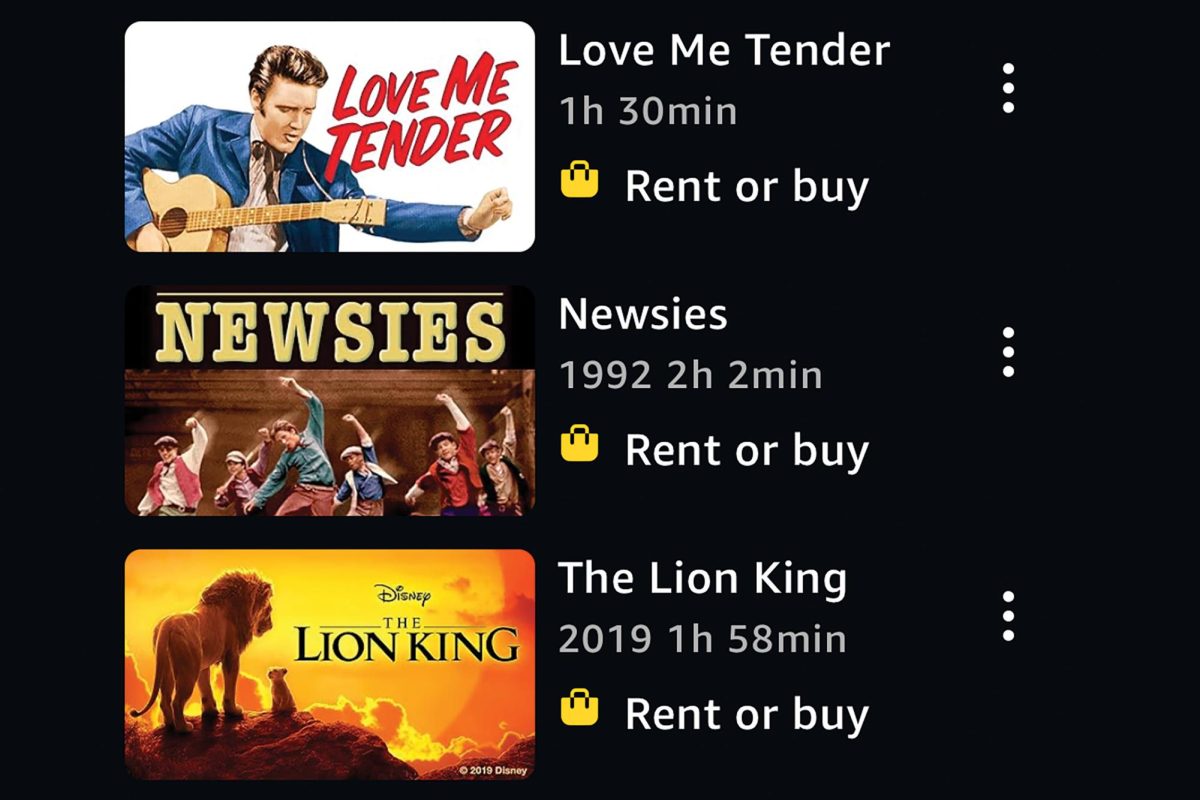As the bell rings, over five million students, spread throughout the 1,207 school districts of Texas, file into classrooms, prepared to learn the skills that are supposedly readying us for our future. However, one could argue that these schools should be focusing more on their own future and less on ours.
Some claim our school system took a turn for the worse as far back as the 1980s, though it might not have been quite as evident back then as it is now. We talk about teachers being underpaid and schools shutting down as though these are commonplace things, which at this point, they are. We make jokes about the new safety policies with the same voice that criticized the COVID-19 procedures that encompassed 2020, ultimately denouncing them as one in the same; both doing enough to play at keeping us safe, but neither doing enough to truly protect us.
However, beyond all that lies a greater issue. At least with the aforementioned policies, we continued to retain our autonomy to a certain degree. Unfortunately, that is not the case with all school districts in Texas.
The state officially overstepped on June 1, 2023 when they formally took control of Houston ISD, replacing the superintendent and all of the elected school board members.
Legally, they’ve done nothing wrong. Ethically, they’ve done nothing right.
“Under a 2015 state law, if a school district has a campus with a failing grade for five consecutive school years, the commissioner is required to appoint a board of managers or close the campus.” While Phillis Wheatley High School, a school within HISD, did meet the requirements to warrant this takeover four years ago when the legal battles started, they have since improved and the district itself is actually ranked higher than Texarkana ISD as of the 2022 report.
In the end, Phillis Wheatley’s consistently poor performance in prior years was the main evidence used to justify this district wide takeover: one school out of the 247 that make up HISD.
The repercussions of this takeover are even more concerning.
Teachers all across HISD are being forced to reapply for their jobs by a state that honestly can’t afford to lose anymore educators. Libraries are being converted into detention centers for “disruptive” students to learn virtually. No one is safe from these new initiatives being implemented by Mike Miles, the new state-appointed superintendent of HISD. This is only the beginning.
More than ever, these places that are supposed to be centers of learning have become akin to prisons, if not worse. At least prisons have libraries. Even the schools across the rest of Texas that continue to retain their libraries are suffering from pushed censorship and removal of books. As of 2023, 874 books have been banned in Texas public libraries; all feature themes related to LGBTQ+, race/racism or topics that are considered otherwise “offensive” or “obscene”. Some of the materials being removed are not only essential to education but life in general.
However, the state doesn’t seem too overly concerned with education anyways, at least not truthful education. The most notable example of this is the banning of critical race theories in Texas schools. They’re all too happy to gloss over the mistakes made by our ancestors in an effort to make themselves look better at the expense of our education.
For some students, school is their safe place. It’s where they can find a respite from the problems at home. They develop bonds with their teachers. They trust and respect them enough to actually listen when they teach, to actually learn something. If teachers are moved around the district or removed from it entirely, the bonds formed between them and students are broken. If teachers can’t actually teach the truth, trust is broken. In the end, the students are the ones most hurt by this shift.
If the state was able to take over the largest school district in Texas, what does this mean for the rest of us?
There’s nothing to stop the state from coming for other low performing, underfunded schools. It was made clear by Phillis Wheatley that all it takes is one weak link to bring everything down. Moreover, the state has announced that they are altering their grading system for schools in 2023. It’s possible districts that may have received an A rating in 2022 could improve and still receive a B rating. Soon enough, we’ll all be under their net and easy to pick off one by one. They’ve already begun.























